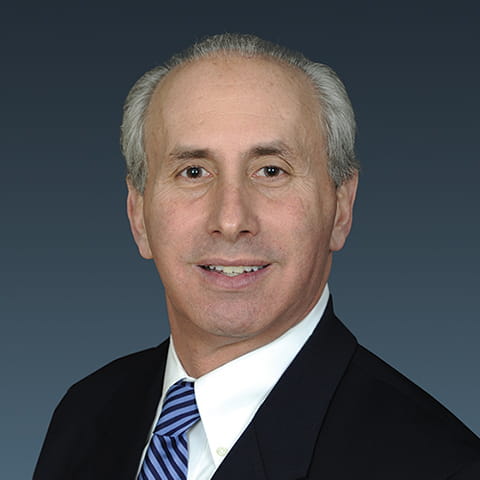New York State publishes updated Nonresident Audit Guidelines

The New York State Department of Taxation and Finance published revised Nonresident Audit Guidelines in December 2021. The guidelines are updated periodically, with the last iteration released in 2014, to address changes in tax law, regulations, or department policy regarding individual income tax residency. They are intended to facilitate audit uniformity during the examination of nonresident returns.
While the majority of the revisions between the June 2014 and December 2021 versions appear to be merely grammatical, there is a significant and noteworthy change within the statutory residency rules. For statutory residency purposes, an individual who maintains a permanent place of abode (PPA) (i.e., a residence) in New York must maintain the PPA for “substantially all of the taxable year.” Under the old guidelines, that was interpreted to mean a period exceeding 11 months. Under the new guidelines, this period has been shortened to a period exceeding 10 months. The 10-month rule will continue to be applied in years where the taxpayer acquires or disposes of their PPA. As has always been the case, where it is determined that a taxpayer maintained a PPA and exceeded 183 days within New York, the taxpayer may be treated as a statutory resident of New York regardless of maintaining legal domicile in another jurisdiction. This change is effective beginning with the 2022 tax year.
The new guidelines provide the following example of the rule’s application:
“[A] taxpayer who works in New York City throughout the year and initially begins renting an apartment in New York City in March generally will not be deemed a statutory resident on account of spending more than 183 days in New York in that year because it occurred in the year of acquisition. However, a taxpayer who rents out his Saratoga Springs home for a few months each summer will still be determined to be maintaining a PPA in New York for substantially all of the year since that rental did not occur during the year of acquisition or disposition and it is available for use on a regular, continuing basis but for occasional or brief absences including short term rentals.”
What does CohnReznick think?
New York is well known for having a robust residency audit program. Workforce migrations and teleworking arrangements related to the COVID-19 pandemic have triggered an uptick in residency examinations leading to increased scrutiny of domicile changes, statutory residency, and nonresident income allocation issues. Proper residency planning, as well as adequate audit defense, require meticulous recordkeeping. Taxpayers and practitioners should take note of this change from an 11-month period to a shortened 10-month period and should plan accordingly now, while there is still sufficient time to plan as may be applicable.
Contact
Let’s start a conversation about your company’s strategic goals and vision for the future.
Please fill all required fields*
Please verify your information and check to see if all require fields have been filled in.

CohnReznick Tax: Alerts and Webinars
Related services
Any advice contained in this communication, including attachments and enclosures, is not intended as a thorough, in-depth analysis of specific issues. Nor is it sufficient to avoid tax-related penalties. This has been prepared for information purposes and general guidance only and does not constitute legal or professional advice. You should not act upon the information contained in this publication without obtaining specific professional advice specific to, among other things, your individual facts, circumstances and jurisdiction. No representation or warranty (express or implied) is made as to the accuracy or completeness of the information contained in this publication, and CohnReznick, its partners, employees and agents accept no liability, and disclaim all responsibility, for the consequences of you or anyone else acting, or refraining to act, in reliance on the information contained in this publication or for any decision based on it.











